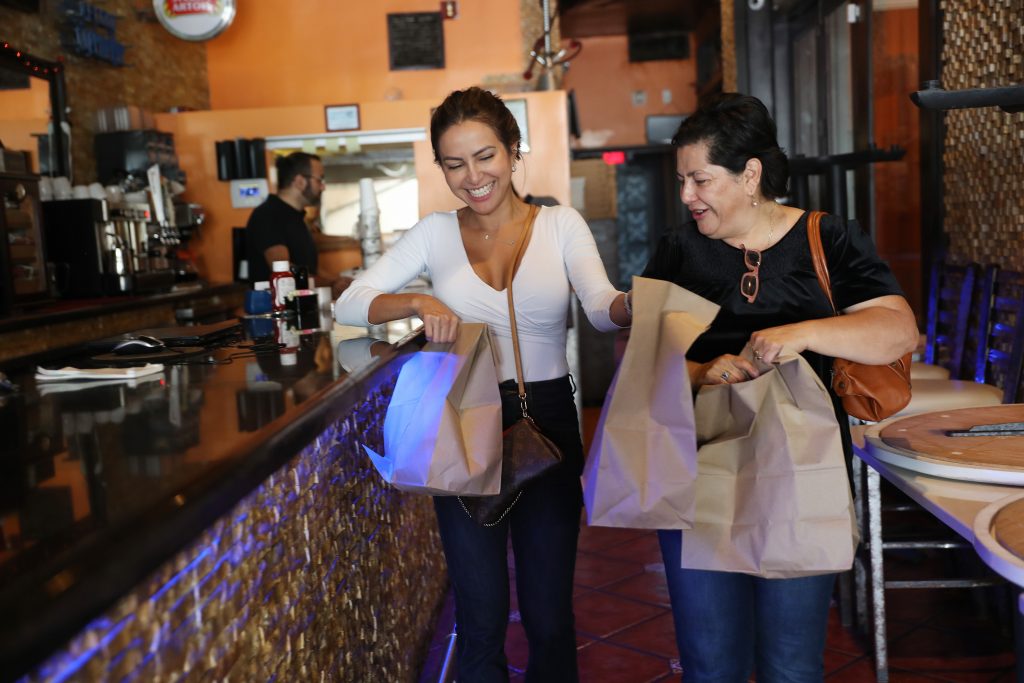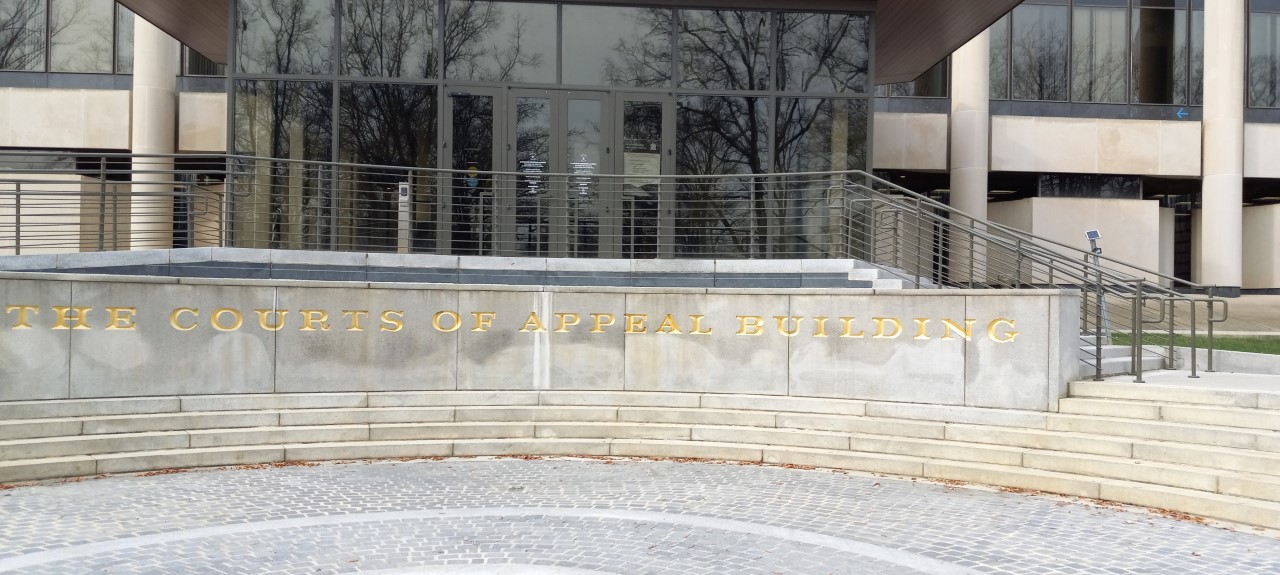
By Douglas F. Gansler
The writer is a former Maryland attorney general.
On a daily basis, thousands of customers call Maryland businesses to order food, refill medications, or request services. These calls are often motivated by the advertising done by businesses through promotional materials, such as direct mailings and television advertisements.
Customers know what they want and from whom, so they call the business, and money and products are exchanged. But under a dangerous ruling recently made by the Maryland Supreme Court, this longstanding and widely understood way of conducting business would disappear.
In late February, the Maryland Supreme Court ruled that if a customer picks up the telephone or a smartphone and calls a business to buy a product or service, a signed contract between both parties is now required. The court relied on the Maryland Telephone Solicitations Act (MTSA) to arrive at their decision, even though the MTSA was passed by legislators decades ago to protect consumers who receive unwanted cold calls from unknown businesses promoting unfamiliar products.
The recent court decision rules that the MTSA not only applies to outbound calls made by telemarketers, but inbound calls from customers to businesses. This nonsensical logic will severely impact thousands of businesses’ ability to provide services to their customers. Not surprisingly, Maryland is the only state in American history to have find that a telephone solicitation act can be violated by a consumer calling a merchant.
Requiring businesses to now perform the new function of consumers signing a contract prior to getting their product will create negative, needlessly burdensome, and frustrating customer experiences. This almost certainly will drive business away from Maryland. Moreover, this law disproportionately effects older Marylanders who often use their phones to order products and services more than apps. After all, no consumer wants to sign a written contract when ordering a pizza, requesting a prescription refill over the phone, or ordering flowers for a loved one.
Additionally, this ruling creates serious litigation and regulatory risk for Maryland businesses as it questions each and every telephone transaction that begins with the customer calling a business. The MTSA solely regards transactions that happen on the telephone. From now on, whether it is a merchant placing an unwanted cold-call to a customer — which the MTSA was designed to protect against — or a customer calling the merchant for food or services, there will need to be a ‘wet’ signature.
We need Maryland legislators to address this dangerous, embarrassing, and unprecedented ruling. The MTSA was created with the noble intent to protect consumers from unknown cold callers, not hinder the ability of businesses to serve customers who reach out to them. The legislature must make MTSA’s intent even more clear and protect Maryland businesses.




 Creative Commons Attribution
Creative Commons Attribution